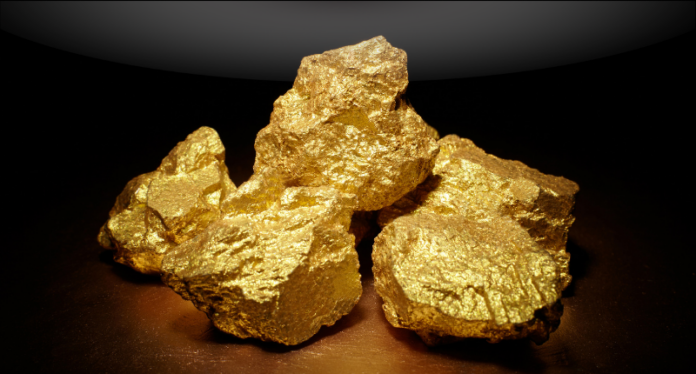Pakistan’s annual gold demand is estimated at 60–90 tonnes — worth $8 billion to $12 billion at current prices — yet over 90% of this trade occurs in the informal market, the Competition Commission of Pakistan (CCP) said in a report released on Wednesday.
The Competition Assessment Study of Pakistan’s Gold Market noted that the lack of documentation obscures the market’s true scale and weakens regulatory oversight, enabling distortions and unaccounted economic activity. Gold consumption in Pakistan is driven largely by weddings and festivals, which contribute around 70% of total demand. The country imported $17 million worth of gold in FY24, while official reserves stand at about 64.76 tonnes.
The CCP highlighted that the Reko Diq copper-gold project is set to reshape Pakistan’s gold value chain. Expected to begin production in 2028, the mine is forecast to produce 17.9 million ounces of gold over 37 years — worth nearly $54 billion at current prices. However, the report warned that without urgent reforms in refining, hallmarking and regulation, this output risks slipping into the same informal channels.
Pakistan’s gold sector is overseen by multiple bodies, including the Commerce Ministry, FBR, SBP, TDAP and PGJDC. The CCP said fragmented oversight, high compliance costs and weak hallmarking enforcement favour smuggling and undocumented trade. The recent suspension of SRO 760 has further contributed to policy uncertainty.
The report noted that gold trading remains concentrated in Karachi and Lahore, with pricing still set informally by market associations rather than transparent mechanisms.
To address these challenges, the CCP recommended establishing a unified regulator for the gold market, mandatory hallmarking, digital traceability systems, and introducing a gold banking model similar to Türkiye’s. It said coordinated reforms could unlock the sector’s economic potential and bring it in line with international standards.




